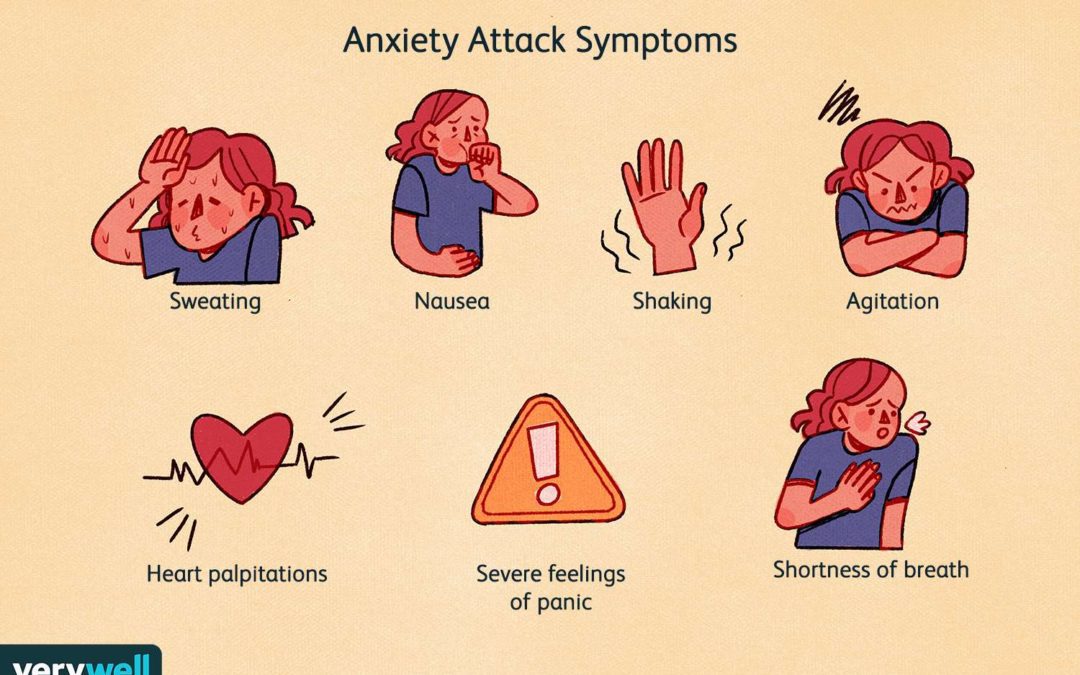The Most Common Anxiety Symptoms
Anxiety is a common and often distressing mental health condition that can have a significant impact on an individual’s quality of life.
Some of the most common anxiety symptoms include:
- Constant worry and fear
People with anxiety often experience excessive worry and fear about everyday situations, even when there is no apparent reason for concern.
– - Difficulty concentrating
Anxiety can cause difficulty concentrating and make it hard to focus on tasks or make decisions.
– - Irritability
Anxiety can cause irritability and a short temper, and make it difficult to relax or be patient.
– - Physical symptoms
Anxiety can cause physical symptoms, such as a racing heart, shortness of breath, dizziness, and fatigue.
– - Insomnia
Anxiety can cause sleep problems, such as difficulty falling asleep or staying asleep, or waking up feeling tired.
– - Digestive problems
Anxiety can cause digestive problems, such as stomachache, nausea, and diarrhea.
– - Muscle tension
People with anxiety may experience muscle tension, such as clenched jaws or tightness in the neck and shoulders.
– - Panic attacks
Panic attacks are intense periods of fear or anxiety that can come on suddenly and without warning.
They can cause physical symptoms, such as a racing heart and difficulty breathing, as well as feelings of terror or a sense of impending doom.
–
If you are experiencing symptoms of anxiety, it is important to seek help from a mental health professional.
They can help you identify the cause of your anxiety and develop a treatment plan to manage your symptoms.
Treatment options for anxiety may include therapy, medication, or a combination of both.
With the right treatment, it is possible to reduce anxiety and improve your quality of life.


